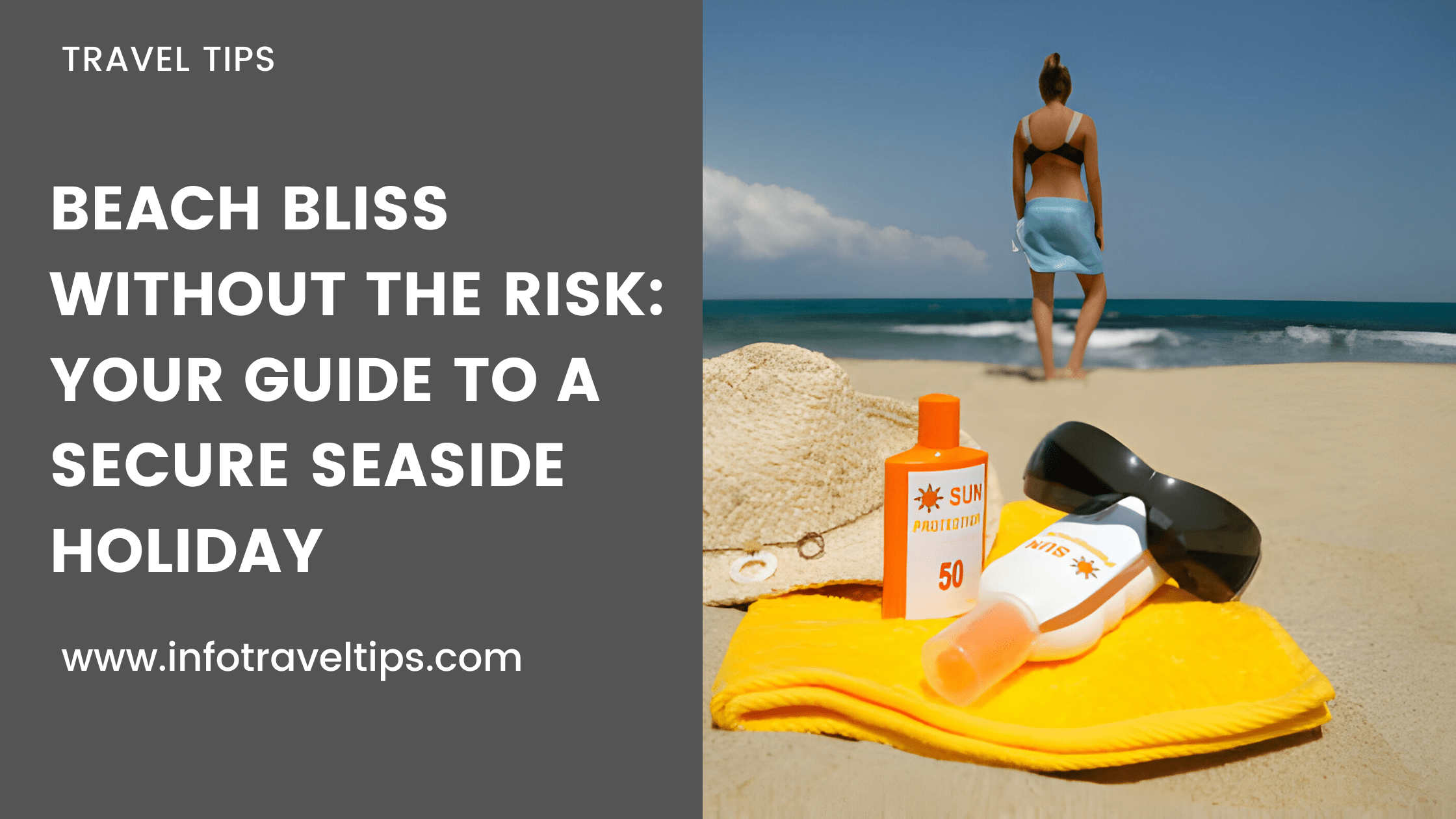As the waves lap against the shoreline and the sun casts a golden hue on everything, it’s hard to think of a beach vacation as anything but pure relaxation. But to truly enjoy your sandy respite, ensuring safety should be at the top of your list. Here’s how to make sure your beach getaway is both fun and secure.
1. Safe Beach Vacations Research Before You Go
- Location Safety: Check the overall safety of the destination you’re planning to visit. Websites and travel forums can provide up-to-date information on crime rates and potential risks.
- Water Conditions: Research water conditions such as potential rip currents, tides, and marine life. Some beaches have specific times that are safer for swimming due to tides.
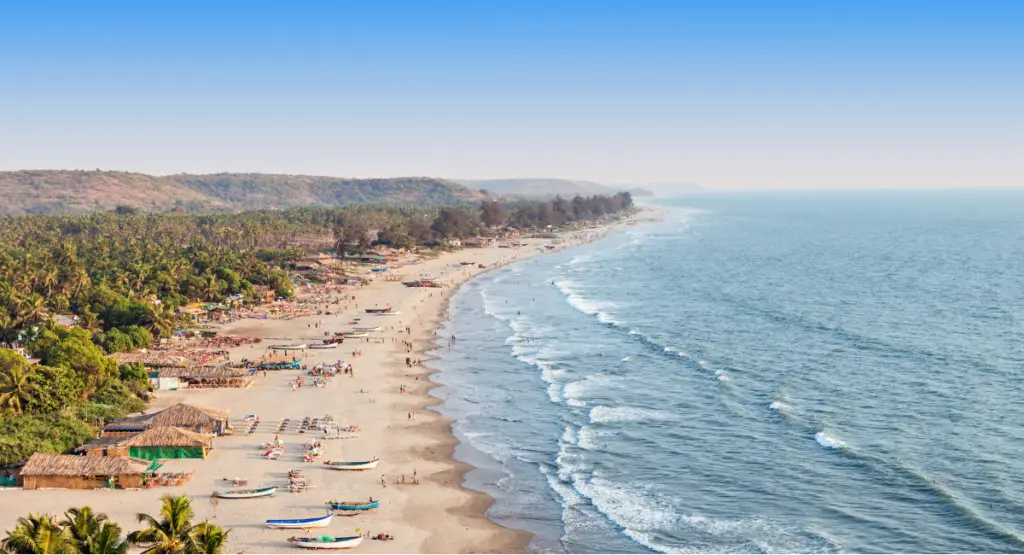
2. Keep Valuables Safe
- Hotel Safes: Use the safe provided by the hotel for essential items.
- Beach Safes: Consider purchasing a portable safe for the beach to store items while you swim or wander.
- Limit Items: Bring only what you need to the beach. If you don’t need it, don’t risk losing it.
- Familiarize yourself with the beach flag warning system, which will alert you to potential dangers in the water.
3. Swim Safely:
- Stay Near Lifeguards: Always choose a spot close to a lifeguard station when possible.
- Use the Buddy System: Never swim alone; always have someone with you.
- Watch for Rip Currents: If caught in a rip current, swim parallel to the shore until you are out of the current.
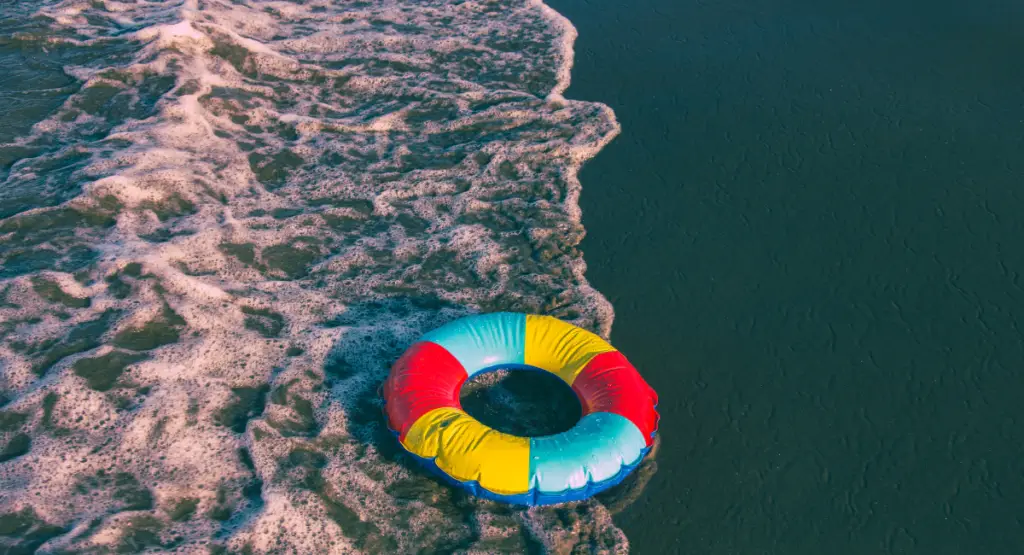
4. Protect Against the Sun:
- Sunscreen: Apply broad-spectrum sunscreen with an SPF of at least 30. Reapply every 2 hours or after swimming.
- Clothing: Wear sun-protective clothing, including wide-brimmed hats and sunglasses with UV protection.
- Stay Hydrated: Drink plenty of water throughout the day to avoid dehydration.
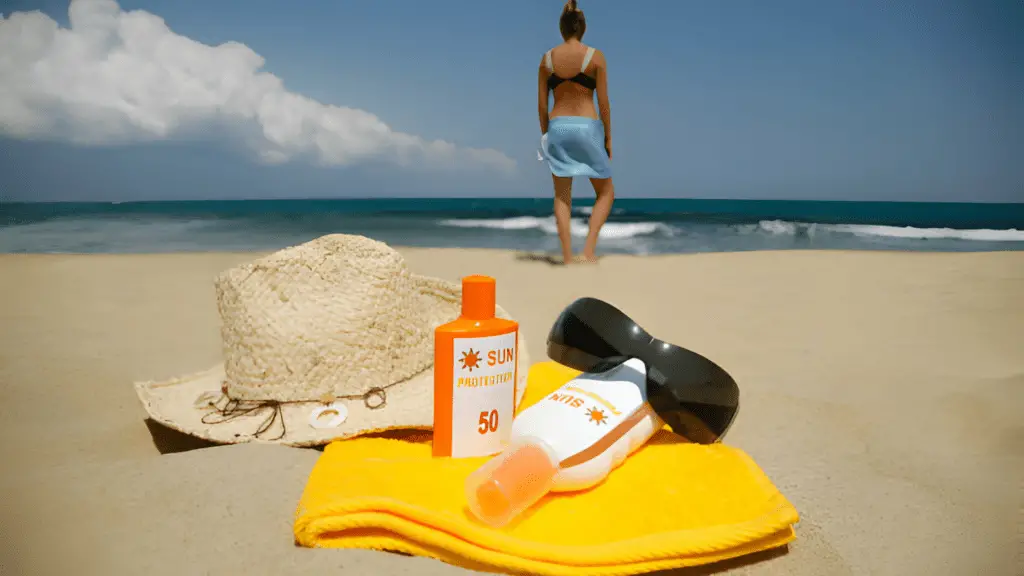
5. Watch Children Carefully
- Always keep an eye on kids, even if they are playing near the shore. It only takes a moment for a child to wander off or get into trouble in the water.
- Avoid feeding seagulls or other animals, and be cautious if you spot jellyfish or other potentially harmful marine creatures.
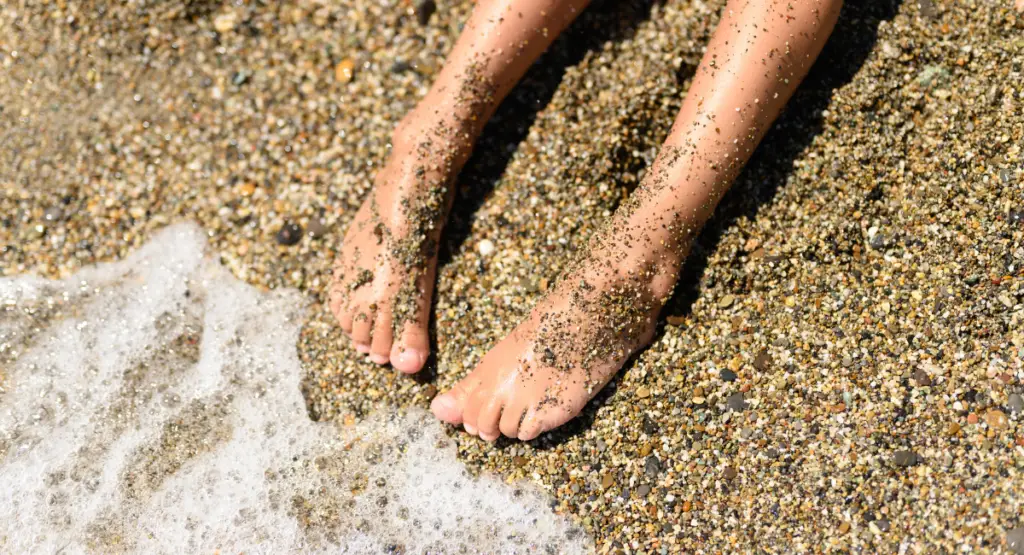
6. Secure Accommodation:
- Lock Up: Always lock your accommodation when you leave, even if it’s just for a short time.
- Know Your Exits: Familiarize yourself with all the exit routes in case of an emergency
- Download local emergency apps or subscribe to SMS alerts for real-time updates related to weather, safety warnings, and other essential notifications.
7. Mind Your Alcohol Intake
- While a drink might seem tempting, always drink responsibly, especially when you’re near water or in an unfamiliar place.
- By following these precautions, you can make your beach getaway a delightful memory rather than a cautionary tale. Here’s to sunny skies, soft sands, and safe travels!

8. Know the Local Laws and Customs
- Before visiting, familiarize yourself with the local laws and customs, especially those that concern beach activities, dress codes, and public behavior. This ensures respect for the community you’re visiting and reduces the chance of unintentional misunderstandings or infractions.
- Wear appropriate footwear to protect your feet from hot sand, sharp objects, or rough surfaces. Water shoes can help protect against hidden dangers below the water like sharp rocks or sea urchins.
9. Be Prepared for Emergencies
- First-Aid Kit: Pack a basic first-aid kit for minor injuries. It should include antiseptics, band-aids, pain relievers, and any personal medications.
- Know the Location: Know the address of your beach spot. In case of an emergency, you’ll need to provide this to first responders.
- While the allure of a moonlit beach is undeniable, there are increased risks after dark. Visibility is reduced, it’s easier to get lost, and tides can be unpredictable. If you do choose to visit, ensure you’re in a group, stay in well-lit areas, and remain hyper-aware of your surroundings.
10. Respect Beach Facilities
- Use designated beach paths instead of walking over dunes, as this can damage fragile ecosystems. Also, use trash receptacles to keep the beach clean.
- If engaging in water sports, ensure you’re properly trained and equipped. Rent equipment from reputable vendors and always wear life vests when required.
- Having a working cell phone is crucial. Ensure it’s fully charged and consider investing in a waterproof bag or pouch.
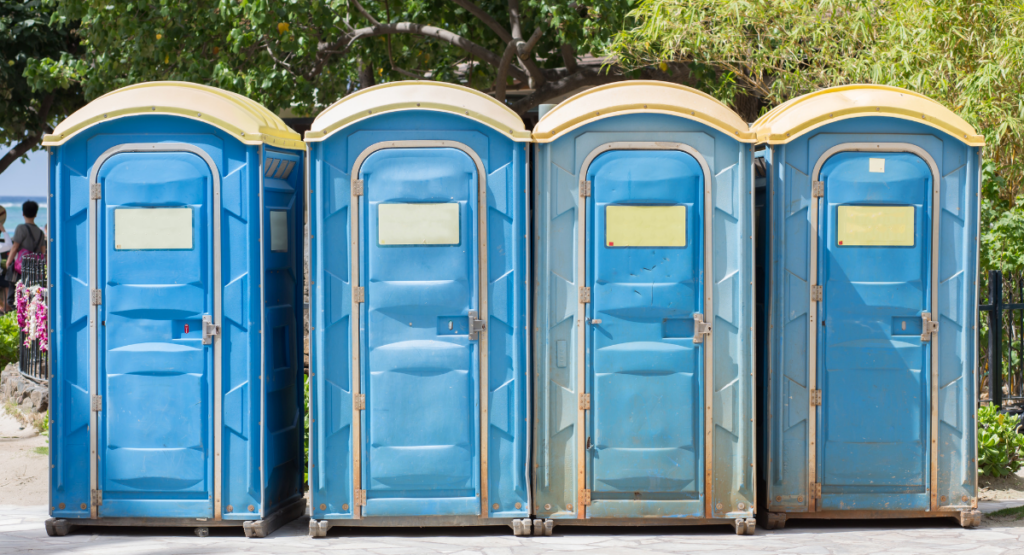
11. Personal Space Food Safety
- Set up your beach spot with ample space from others to avoid crowding and to respect the personal space of fellow beachgoers.
- If you’re bringing food, make sure it’s stored in a cooler with plenty of ice or frozen gel packs to prevent spoilage. Avoid leaving it out in the sun.
- Be aware of your surroundings. Watch for any suspicious activity and be cautious when approached by strangers. Remember that while the beach is a place of relaxation, staying alert can go a long way in ensuring safety.
12. Avoid Beach Drives in Unfamiliar Areas
- Some beaches allow vehicles on the sand. If you’re tempted to drive, ensure you’re familiar with the terrain and tidal patterns, as it’s easy for vehicles to get stuck or even be swept away during high tides.
- If traveling with elderly individuals or those with mobility challenges, check in advance if the beach offers ramps, walkways, or other accessible amenities.
Here’s a table chart outlining a safety gear checklist for a beach vacation, detailing essential items to ensure a safe and enjoyable experience by the water:
| Safety Gear Item | Description | Importance Level |
|---|---|---|
| Waterproof Sunscreen | Broad-spectrum sunscreen with a high SPF to protect against UVA and UVB rays. | Essential |
| Life Jackets | For non-swimmers and children, to provide buoyancy and safety while in the water. | Essential |
| UV Protection Sunglasses | Sunglasses that block out 99% to 100% of UVA and UVB light, protecting eyes from sun damage. | Essential |
| First-Aid Kit | A kit containing band-aids, antiseptic wipes, sting relief spray, and other basic supplies. | Essential |
| Waterproof Phone Case | To protect your phone from water and sand damage. | Highly Recommended |
| Rash Guard | Clothing designed to protect against sunburn and rashes caused by friction with the water. | Highly Recommended |
| Water Shoes | Shoes that protect your feet from sharp objects and hot sand while providing grip on wet surfaces. | Highly Recommended |
| Hat with a Wide Brim | Provides shade and protects the face, neck, and ears from sun exposure. | Highly Recommended |
| Anti-Jellyfish Lotion | Lotion that can help protect skin from jellyfish stings and other irritants. | Optional |
| Reusable Water Bottle | To stay hydrated and reduce plastic waste. | Highly Recommended |
| Emergency Whistle | A loud whistle for signaling help in case of distress. | Recommended |
| Portable Shade Device | Such as a beach umbrella or pop-up tent, to provide a break from direct sunlight. | Optional |
13. Don’t Disturb Nesting Areas:
- Many beaches, especially in tropical areas, serve as nesting grounds for sea turtles and birds. Always respect marked nesting sites and avoid using flash photography which can disorient hatchlings.
- Before taking a dip, ensure the water quality is good. Some beaches may have pollution concerns or may occasionally suffer from algal blooms, making the water unsafe for swimming.
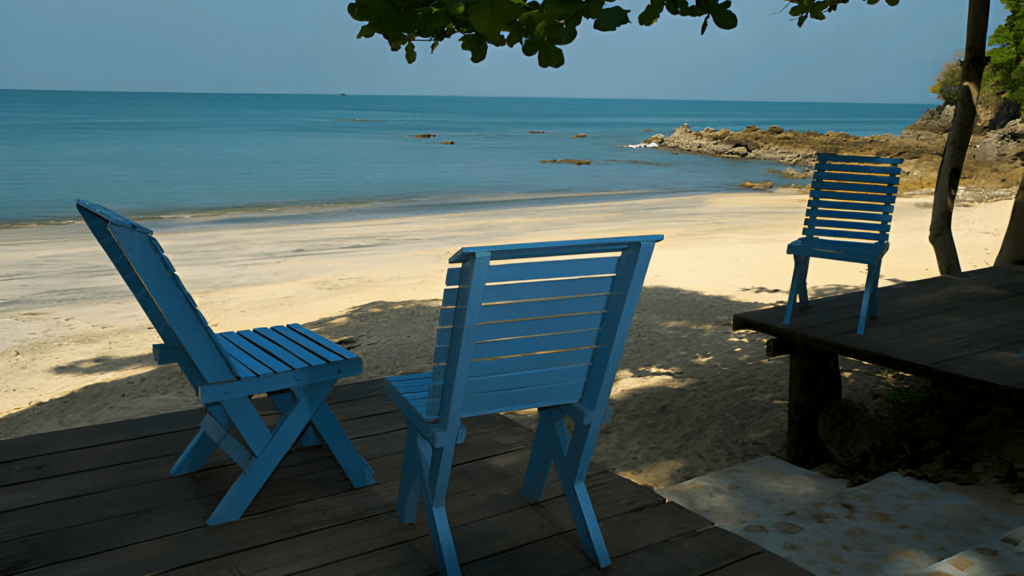
14. Beach Activities with Precautions
- For activities like jet skiing, parasailing, or diving, always use certified operators who follow safety protocols. Ensure they provide proper instruction and safety equipment.
- Prolonged exposure to the sun can lead to heat exhaustion or heat stroke. Bring an umbrella or a tent for shade and take regular breaks to cool down.
15. Watch the Weather
- Be aware of the local weather forecast. Beaches can quickly become dangerous in storms, with risks from lightning, strong winds, and turbulent seas.
- If you’re planning to stay for a long time, especially with children, remember that prolonged exposure to loud environments (like popular beaches with loud music) can harm your hearing. Consider bringing earplugs if needed.
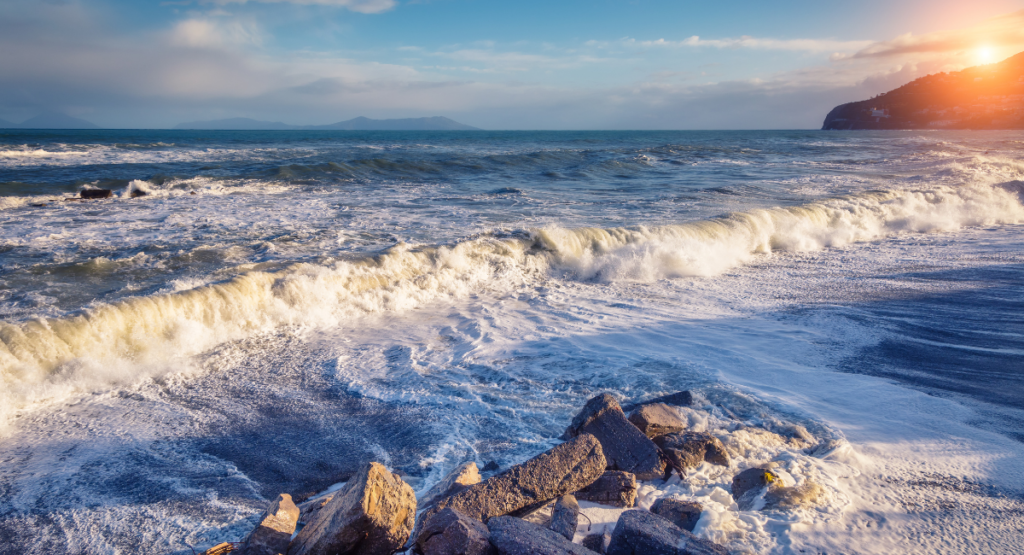
16. Local Vendors
- While many beach vendors are legitimate, be cautious. Agree on prices before availing of any services or buying goods. It’s also a good idea to carry small denominations of local currency to avoid issues with change.
- If you plan to have a campfire on the beach, ensure it’s permitted. Dig a pit for the fire, keep a water source nearby, and make sure it’s completely extinguished before leaving.
17. Travel Insurance
- Before heading out, ensure you have comprehensive travel insurance that covers beach-related activities. In the event of mishaps, this can be a lifesaver.
- If you’re a regular beachgoer, consider taking basic lifeguard courses or CPR training. Your knowledge might come in handy in unexpected situations.
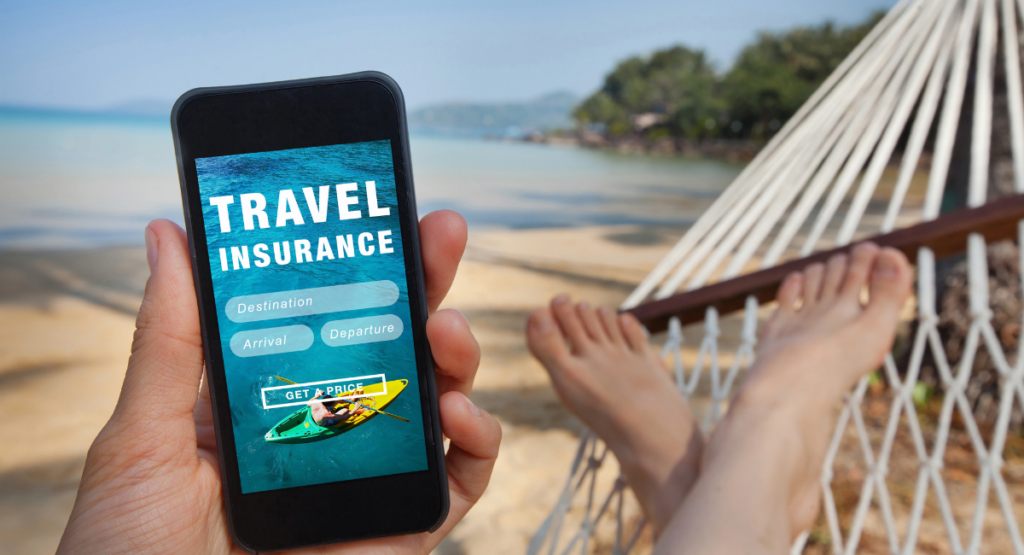
18. Navigating the Coastal Landscape
- Coastal terrains vary from cliffs, dunes, and rocky outcrops. Always tread carefully, especially in unfamiliar areas, and be wary of eroded or unstable patches that could collapse.
- It’s a marvel to see marine life in their natural habitat. However, creatures like stingrays or sea urchins can pose threats. Always shuffle your feet when walking in the water to alert and steer clear of ground-dwelling species.
19. Beach Crowds Local Contacts
- Large gatherings or beach events can be exciting but also present challenges, from lost personal items to getting separated from your group. Set meeting points in case you get separated, and consider wearing bright or easily identifiable clothing.
- Have a list of essential local contacts – the nearest hospital, police station, and perhaps a local friend or acquaintance. This can speed up response times in emergencies.
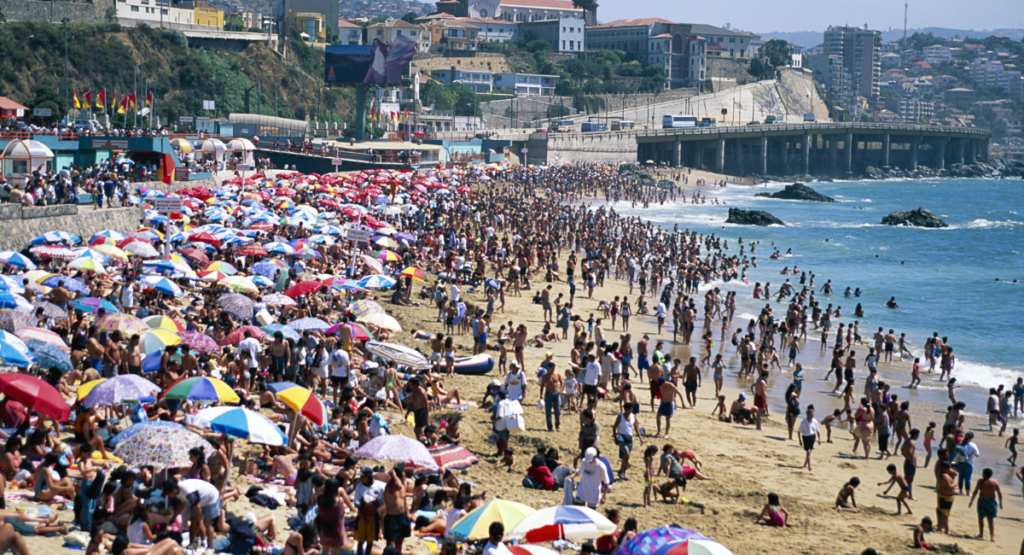
20. Pack a Beach Emergency Kit
- Beyond the first-aid kit, consider packing a whistle (to signal for help), a flashlight (for after dark), and a small mirror (which can be used to signal for help in daylight).
- Every beach, especially in different countries, has its unique culture and vibe. Some might have active sports scenes, while others are more serene. Respect local customs and immerse yourself in the culture responsibly.
21. Engage with Locals
- Locals often have the best advice on safe spots, currents, and hidden treasures of the beach. Engaging with them not only enriches your experience but can also provide insights you wouldn’t find in guidebooks.
- Saltwater and sand are detrimental to electronics. Use waterproof cases or pouches and store them in a shaded area to prevent overheating.
Conclusion
Incorporating these extended measures can add layers of safety to your beach experience. Beach vacations are all about relaxation and rejuvenation, and being prepared can help you enjoy the serenity of the sea without unnecessary worries. Dive into the world of marine wonders, sun-soaked sands, and breathtaking sunsets, and carry home memories of an idyllic and safe beach holiday. Safe sunbathing!

